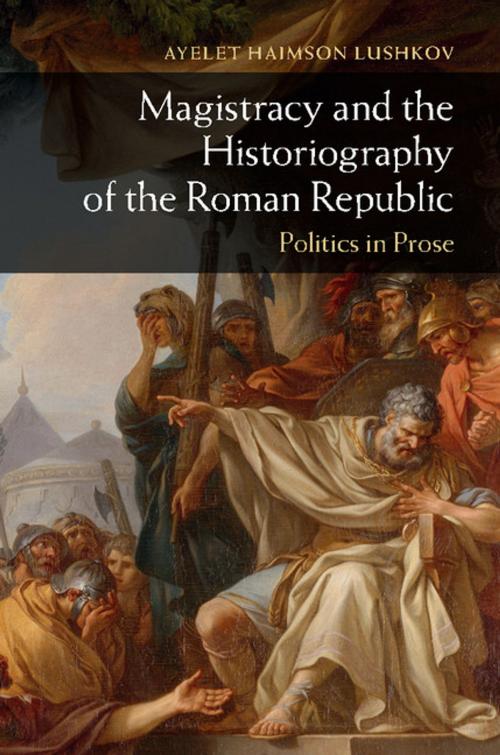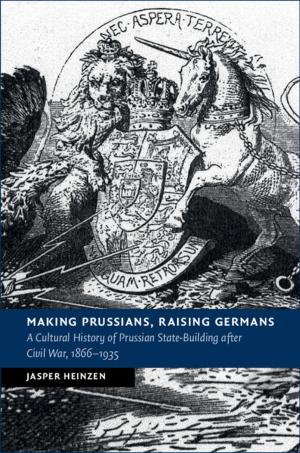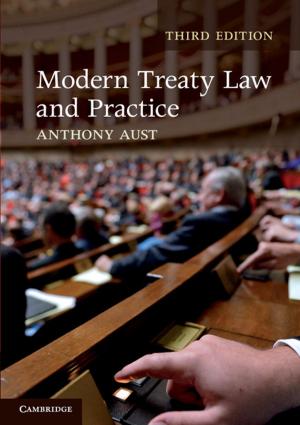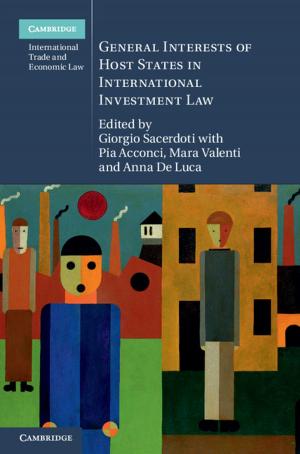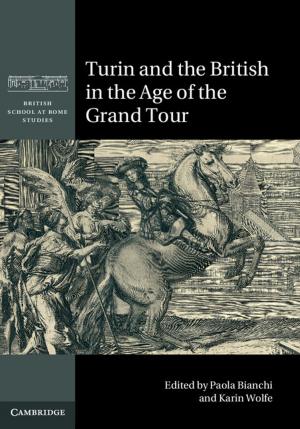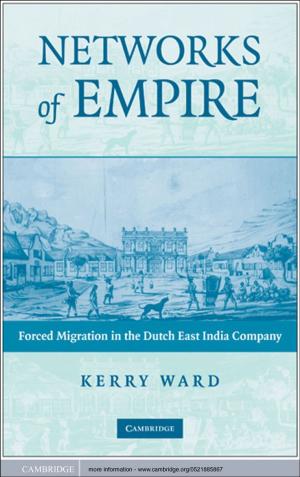Magistracy and the Historiography of the Roman Republic
Politics in Prose
Nonfiction, History, Ancient History, Fiction & Literature, Literary Theory & Criticism| Author: | Ayelet Haimson Lushkov | ISBN: | 9781316234358 |
| Publisher: | Cambridge University Press | Publication: | February 9, 2015 |
| Imprint: | Cambridge University Press | Language: | English |
| Author: | Ayelet Haimson Lushkov |
| ISBN: | 9781316234358 |
| Publisher: | Cambridge University Press |
| Publication: | February 9, 2015 |
| Imprint: | Cambridge University Press |
| Language: | English |
The study of Roman republican magistracy has traditionally been the preserve of historians posing constitutional and prosopographical questions. As a result, one fundamental aspect of our most detailed contemporary and near-contemporary sources about magistracy has remained largely neglected: their literariness. This book takes a new approach to the representation of magistrates and shows how the rhetorical and formal features of prose texts - principally Livy's history but also works by Cicero and Sallust - shape our understanding of magistracy. Applying to the texts an expanded concept of exemplarity, Haimson Lushkov shows how a rich body of anecdotes concerning the behaviour and speech of magistrates reflects on the values and tensions that defined the republic. A variety of contexts - familial, military, and electoral, among others - flesh out the experience of being, becoming, and encountering a Roman magistrate, and the political and ethical problems highlighted and negotiated in such circumstances.
The study of Roman republican magistracy has traditionally been the preserve of historians posing constitutional and prosopographical questions. As a result, one fundamental aspect of our most detailed contemporary and near-contemporary sources about magistracy has remained largely neglected: their literariness. This book takes a new approach to the representation of magistrates and shows how the rhetorical and formal features of prose texts - principally Livy's history but also works by Cicero and Sallust - shape our understanding of magistracy. Applying to the texts an expanded concept of exemplarity, Haimson Lushkov shows how a rich body of anecdotes concerning the behaviour and speech of magistrates reflects on the values and tensions that defined the republic. A variety of contexts - familial, military, and electoral, among others - flesh out the experience of being, becoming, and encountering a Roman magistrate, and the political and ethical problems highlighted and negotiated in such circumstances.
